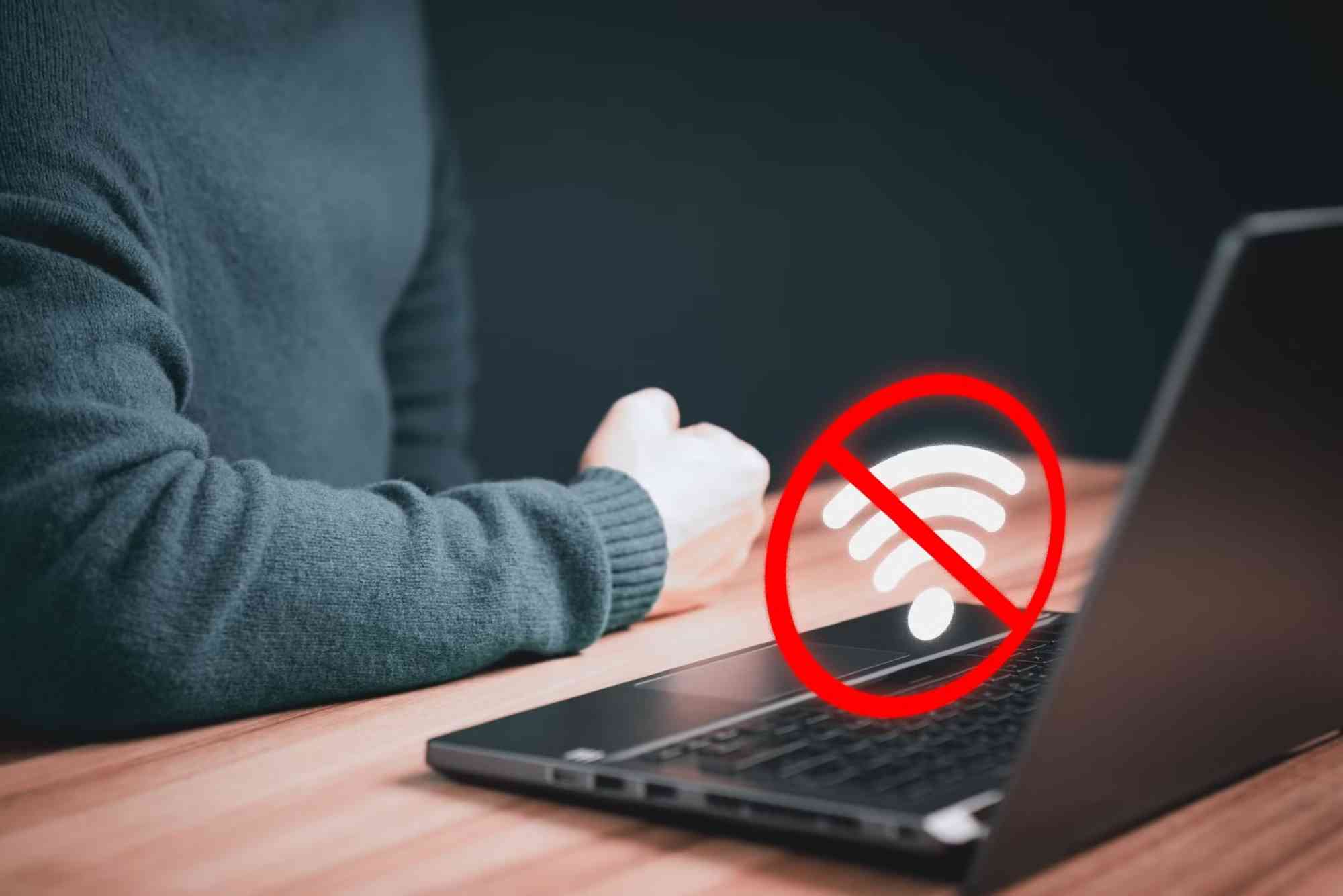Overview of VPN Privacy Laws Around the World
Using a Virtual Private Network (VPN) has become a common way to protect online privacy. But the rules for VPNs differ from one country to another. Understanding VPN privacy laws by country is essential for travelers, businesses, and everyday internet users. In this article, we’ll break down how different nations regulate VPNs, what risks users face, and where VPNs remain unrestricted.
Why VPN Privacy Laws Matter
A VPN encrypts your internet traffic, keeping you safe from hackers, data trackers, and government surveillance. However, countries set their own rules for VPN usage. Some nations fully allow VPNs, others regulate them, and a few ban them outright.
Knowing the VPN privacy laws by country helps users avoid legal trouble and choose safe digital practices.
Global Classification of VPN Privacy Laws
Countries can generally be divided into three categories when it comes to VPN laws.
Countries Where VPNs Are Legal and Unrestricted
In many democratic nations, VPN use is legal. Citizens can freely use VPNs for security, streaming, or bypassing geo-restrictions.
- Examples: United States, United Kingdom, Canada, Germany, Australia.
- Details: These countries prioritize freedom of speech and internet privacy. VPNs are seen as legitimate tools for personal and corporate security.
Countries Where VPNs Are Legal but Regulated
Some governments allow VPNs but impose strict rules on providers. VPN companies may need licenses or must cooperate with authorities.
- Examples: Russia, India, Turkey.
- Details: In India, VPN providers are required to log user data for five years. In Russia, only government-approved VPNs are legal.
Countries Where VPNs Are Restricted or Banned
Certain countries view VPNs as threats to censorship and surveillance systems. Using unauthorized VPNs can result in fines or jail.
- Examples: China, Iran, North Korea, UAE.
- Details: In China, only government-approved VPNs are allowed. North Korea bans VPNs completely.
VPN Privacy Laws by Country
Let’s explore how VPN regulations differ across major regions of the world.
North America
- United States: VPNs are fully legal. The government does not restrict use, though illegal activities remain punishable.
- Canada: Similar to the U.S., VPNs are widely used and unrestricted.
Europe
- Germany: VPNs are legal. However, VPN companies must follow GDPR data privacy rules.
- France: VPNs are legal, but ISPs monitor certain traffic for anti-terrorism efforts.
- United Kingdom: VPNs are legal, but online activities are still subject to strict surveillance laws.
Asia
- China: Only state-approved VPNs are legal. Unauthorized VPN usage can lead to heavy fines.
- India: VPNs are legal but regulated. Providers must store customer logs for five years.
- Japan: VPNs are legal and commonly used for privacy.
Middle East
- United Arab Emirates (UAE): VPNs are restricted. Using them to commit crimes or bypass VoIP bans can result in fines up to $500,000.
- Iran: VPNs are technically banned, though many citizens use them to bypass censorship.
- Saudi Arabia: VPNs are widely used despite some restrictions.
Africa
- South Africa: VPNs are legal, with no restrictions.
- Egypt: VPNs are not banned, but many websites are restricted. Users often rely on VPNs to access blocked content.
Oceania
- Australia: VPNs are legal. Many Australians use them to bypass geo-restrictions on streaming services.
- New Zealand: VPNs are fully legal and unrestricted.
Key Risks of Ignoring VPN Laws
Violating VPN privacy laws by country can have consequences depending on the region:
- Heavy fines in the UAE.
- Jail time in China or Iran.
- Confiscation of devices in restricted countries.
Always research the laws of the country you’re in before using a VPN.
How Businesses Navigate VPN Privacy Laws
Global companies rely on VPNs to secure communications. However, operating in countries with strict regulations can be challenging. Some businesses use government-approved VPNs, while others adopt alternative encrypted networks.
A reliable internet partner like Dhanote Internet Services can help businesses maintain secure connections while complying with local laws.
FAQs
Is using a VPN illegal in every country?
No. In most countries, VPNs are legal. However, nations like China, Iran, and North Korea restrict or ban them.
Can I travel with a VPN installed?
Yes, but check local laws before entering a country. In restricted regions, using an unauthorized VPN can lead to penalties.
Do VPN providers share my data with governments?
In some countries, yes. For example, India requires VPN providers to log data. Choose no-log VPNs in countries without such restrictions.
Are free VPNs safe to use in restricted countries?
Not always. Free VPNs may lack strong encryption and could expose users to surveillance. Paid services are safer in high-risk regions.
Which countries have the strictest VPN laws?
China, UAE, Iran, and North Korea have the most restrictive VPN laws.
The legal status of VPNs depends on where you are. While VPNs are legal in many regions, other countries impose heavy restrictions. Understanding VPN privacy laws by country ensures that you can stay safe online without breaking local regulations.







